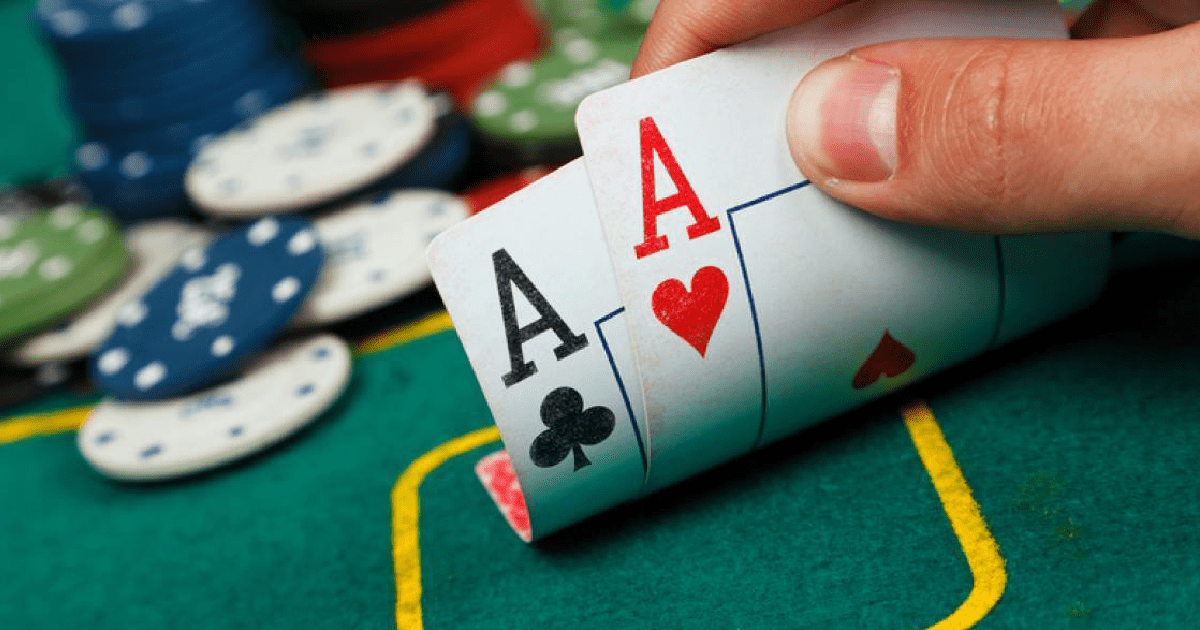Similar to the game itself, poker history is full of twists and turns; it almost seems as though poker history mirrors the complexity of the game, which is played with fervor all over the world.
A 52-card deck can be used to play 10,000 different card games, depending on your definition of a card game. And whether you like poker or not, you have to acknowledge that it reigns supreme among all card games.
We shall attempt to trace the history of poker, from its forebears to the game played in World Series of Poker competitions for millions of dollars, while supporting everything with verifiable historical information and dispelling any rumors.
When Did Poker First Appear?
On the Mississippi riverboats and in the saloons of New Orleans in the 1800s, poker first gained popularity. Exposure of the Arts and Miseries of Gambling, written by American gambler and author Jonathan H. Green, and Thirty Years Passed Among the Players in England and America, written by English comedian Joe Cowell, both published in 1844, include some of the earliest references to the game of poker.
They claim that the first iterations of the game dealt a 20-card deck equally to four players. Players were placing wagers on a constrained number of combinations at the time, and there was no draw function in poker. Poker, however, saw a lot of modifications in the 19th century.
The 52-card deck wasn't introduced until the middle of the 1830s, namely 1834. In order to accommodate more participants and guarantee there will be enough cards in the deck for the draw, gamblers selected a 52-card deck. Additionally, more cards in the deck made it possible for new combinations like the flush and, subsequently, the straight.
Poker has gradually fashioned itself into one of the most well-liked games in the world, from one Mississippi steamboat to another.
Where Was Poker First Played?
The game known as Poque, which was played in 17th-century France, is where the characteristics of the contemporary game of poker originated. Poque and its corresponding Pochen were both based on the game Primero.
Poque was later introduced by French colonists to their North American colonies, particularly New Orleans and its surroundings, which later became a part of the United States of America as a result of the 1803 Louisiana Purchase.
Soon after, English-speaking immigrants anglicized Poque to become poker and incorporated elements of the modern game, such as dealing each player five cards and introducing a 52-card deck in the middle of the 1830s.
Why Is Poker Called That?
Given that the idea of bluffing is primarily what distinguishes the game of poker from other card games, one may assume that the term "poker" has something to do with bluffing.
History of online poker
Before poker officially came online, there were many shady and illegal places offering the game. However, it wasn't until January 1, 1998 that the website legally offered real money poker. Planetpoker.com was the first site to offer such an offer and performed well for several years before other poker sites took over.
partypoker.com quickly became the #1 online poker site, closely followed by PokerStars and other big names. Today PokerStars is arguably the most visited poker site in the world.
The history of online gambling tells us that online poker has evolved rapidly. With the advent of live poker rooms hosted by leading iGaming developers, players can now join online poker games.








